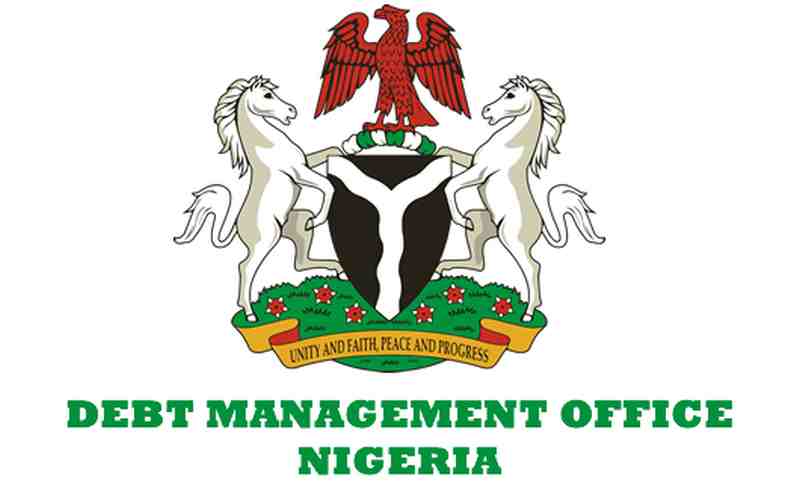The Debt Management Office (DMO) has clarified that Nigeria’s fresh borrowing in the first quarter of 2024 amounted to N7.71 trillion.
This includes N2.81 trillion as part of the new domestic borrowing of N6.06 trillion outlined in the 2024 Appropriation Act, and N4.90 trillion as part of the securitization of the N7.3 trillion Ways and Means Advances approved by the National Assembly.
In a statement titled “Explaining the Q1 2024 Public Debt Data,” the DMO explained that the N24.33 trillion increase in the total debt was due to a combination of fresh borrowing and naira devaluation.
The exchange rate shifted from N899.39/$1 in Q4 2023 to N1,330.26/$1 in Q1 2024, a depreciation of 32.39%, causing the naira value of external debt to rise sharply despite the actual dollar-denominated debt remaining relatively stable. By the end of Q1 2024, the total public debt in naira terms stood at N121.67 trillion, up from N97.34 trillion in Q4 2023.
The DMO noted that while the total external debt stock remained almost unchanged in dollar terms, the naira value surged due to the devaluation. Approximately N16.62 trillion of the debt increase was due to naira devaluation, while the remaining N7.71 trillion was from new domestic borrowing.
The statement read: “The increase in Naira terms of N24.33 trillion is being misinterpreted as new borrowing. This amount actually represents new borrowing of N2.81 trillion as part of the new domestic borrowing of N6.06 trillion provided in the 2024 Appropriation Act, new domestic borrowing of N4.90 trillion as part of the securitization of the N7.3 trillion Ways and Means Advances approved by the National Assembly, as well as the depreciation in the official naira exchange rate from USD/899.39 in Q4, 2023 to USD/N1,330.26 in Q1, 2024.
“Consequently, while the total external debt stock was relatively flat at USD42.50 billion and USD42.12 billion in Q4 2023 and Q1 2024, respectively, the naira values were significantly different at N38.22 trillion and N56.02 trillion, respectively, representing a difference of N17.8 trillion.
This explains the perceived sharp increase of N24.33 trillion in the total debt stock in Q1 2024. The difference in the exchange rate for the two periods also explains why, in US Dollar Terms, the total debt stock actually declined in Q1 2024 (USD91.46 billion) compared to Q4 2023 (USD97.34 billion).”
The DMO’s clarification aims to provide a clearer understanding of the factors contributing to the increase in Nigeria’s public debt, emphasising the impact of exchange rate fluctuations alongside new borrowing.



